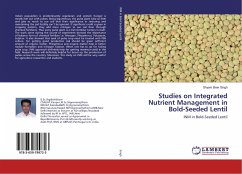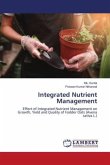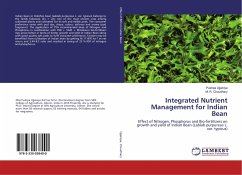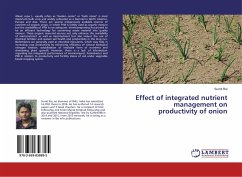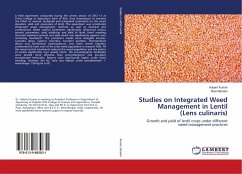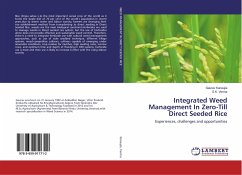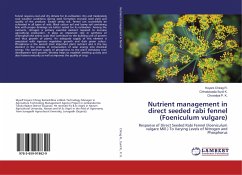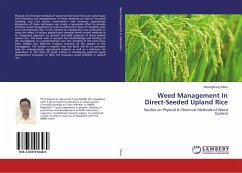Indian population is predominantly vegetarian and protein hunger is mostly met out with pulses. Being leguminous, the pulse plant take so little and give so much to our soil that their significance in restoring and maintaining the soil fertility can't be ignored. If significant credit is given in cropping pattern, they add more nitrogen to our soil than through chemical fertilizers. Thus every pulse plant is a mini-fertilizer factory in itself. The work done during the course of experiment showed the importance of balance form of chemical fertilizer i.e. Nitrogen, Phosphorus, Potassium, Sulphur. It also showed that seed of pulse crop must be treated with PSB culture. For getting good production soil should be given sufficient amount of organic matter. Phosphorus and organic matter help in better nodule formation and nitrogen fixation. When one has to go for taking pulse crop, INM approach definitely help for getting maximum yield in the field. Research work will definitely helpful for boost up the production of pulses across the country. Moreover, this study on INM will be very useful for agriculture researcher and students.
Bitte wählen Sie Ihr Anliegen aus.
Rechnungen
Retourenschein anfordern
Bestellstatus
Storno

